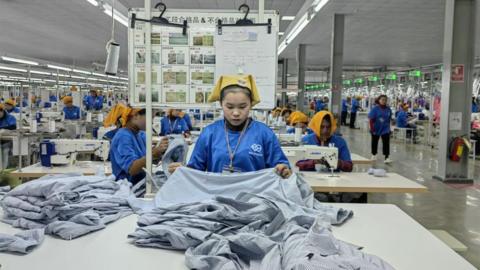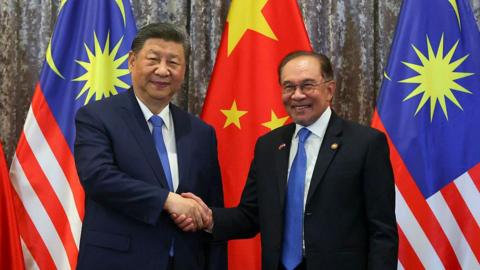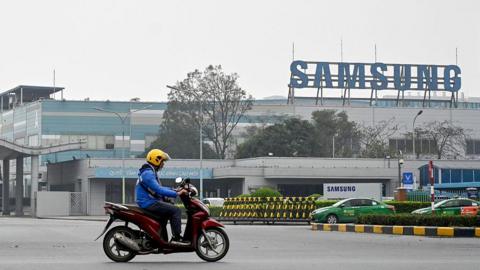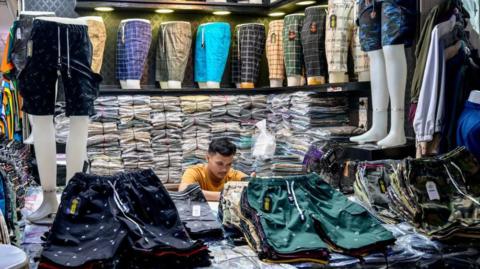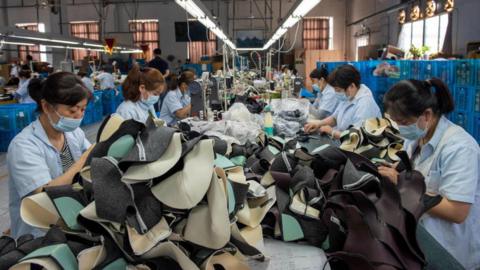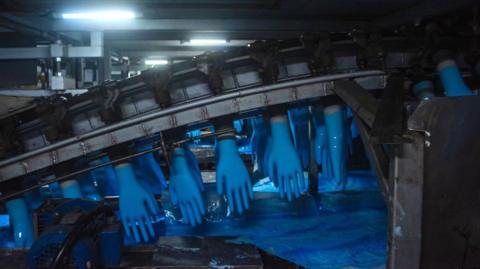When US President Donald Trump hit China with tariffs in his first term, Vietnamese entrepreneur Hao Le saw an opportunity.
His company is one of hundreds of businesses that have emerged to compete with Chinese exports that have increasingly been facing restrictions from the West.
Le's SHDC Electronics, which sits in the budding industrial hub of Hai Duong, sells $2m (£1.5m) worth of phone and computer accessories every month to the US.
But that revenue could dry up if Trump imposes 46% tariffs on Vietnamese goods, a plan that is currently on hold until early July. That would be "catastrophic for our business," Le says.
And selling to Vietnamese consumers is not an option, he adds: "We cannot compete with Chinese products. This is not just our challenge. Many Vietnamese companies are struggling in their own home market."
Trump tariffs in 2016 sent a glut of cheap Chinese imports, originally intended for the US, into South East Asia, hurting many local manufacturers. But they also opened new doors for other businesses, often into global supply chains that wanted to cut their dependence on China.
But Trump 2.0 threatens to shut those doors. And that's a blow for fast-growing economies like Vietnam and Indonesia that are gunning to be key players in industries from chips to electric vehicles.
They also find themselves stuck between the world's two biggest economies - China, a powerful neighbour and their biggest trading partner, and the US, a key export market, which could be looking to strike a deal at Beijing's expense.
